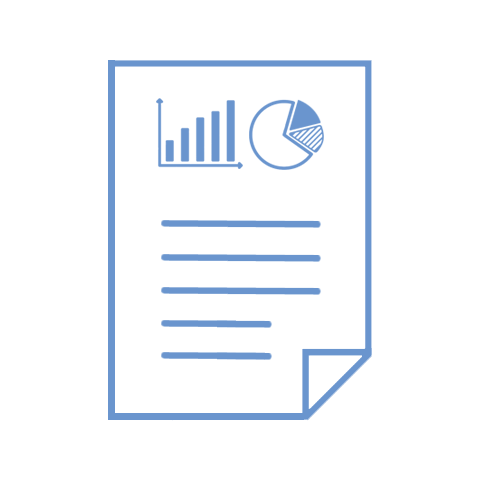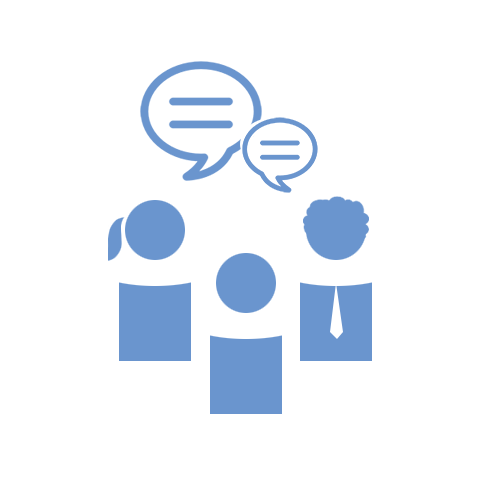
Hi there!
EA Global London, one of three large EA conferences this year, is happening on 3-5 November (Friday-Sunday).
The conference will explore how we need to specialize, cooperate and keep an open mind to do the most good as a community. Applications close on 20 October, so apply now.
The team
Articles and Community Posts
Stanislav Petrov, the Soviet officer who probably saved the world by averting nuclear war in 1983, has died. Read more about his life and one of the tensest moments in Cold War history in this New York Times profile.
The International Campaign to Abolish Nuclear Weapons (ICAN) was awarded this year’s Nobel Peace Prize. The organization is receiving the award for its work to draw attention to the catastrophic humanitarian consequences of any use of nuclear weapons.
80,000 Hours has released a comprehensive interview podcast with Lewis Bollard on the what, why and how of helping farmed animals. Highly recommended for both those new to animal welfare as an area and those who already have an in-depth understanding.
Despite sentiments to the contrary, the evidence says that refugees are (mostly) good for the economy. Which brings back to mind William MacAskill’s article in the Guardian arguing that the best way to help refugees is through political action aimed at getting asylum seekers the right to seek temporary employment.
Should we care more about the worst-case scenario when it comes to climate change? Related: How to work on tackling climate change according to 80,000 Hours.
The New York Times writes about the work of AI safety researchers at OpenAI, DeepMind, Berkeley and Stanford. Recommended as an introduction to AI safety.
Carrick Flynn of the Future of Humanity Institue talks about careers in AI policy and strategy in this in-depth piece. One of his main take-aways: “If you are interested in advancing this area, stay involved. Your expected value is extremely high, even if there are no excellent immediate opportunities to have a direct impact. Please join this community, and build up your capacity for future research and policy impact in this space.”
Spotlight: The Importance of the Long-term Future
The idea that most of the people we can help haven’t been born yet is perhaps an unconventional one. But is there a moral reason to discount future people just because they aren’t born yet?
If there isn’t, this greatly increases the urgency to responsibly manage technologies such as synthetic biology, AI and nuclear weapons because each of these could have significant, permanent consequences for our great-grandchildren and beyond if we don’t handle them well. Philosophers such as Derek Parfit, Peter Singer, Nick Bostrom and John Leslie and have argued for this idea and it is taken very seriously by many effective altruists.
Philosopher Toby Ord recently gave a great podcast interview with 80,000 Hours on the significance of the long-term future, illuminating the many questions that pop up around this topic: What should be our view on the ethical importance of unborn persons? What do different ethical views such as deontology or justice-based views say about this? What about discounting the future? And many more. Ord has a forthcoming book on the long-term future.
Other thinkers have chimed in. Nick Bostrom wrote the seminal paper on existential risk. Eliezer Yudkowsky asks: What biases affect our judgment of the risk of disasters with permanent consequences? 80,000 Hours profiles specific issues to work on: Biosecurity and shaping the future of artificial intelligence. Lukas Gloor argues that AI is a priority for reducing suffering in the long-term.
We recommend understanding these materials as much as possible. This is a key issue that has informed many people’s plans for having an impact.
Announcements
The Open Philanthropy Project offers full funding for PhDs for talented AI researchers in their focus area. Application deadline: 3 November.
The Global Challenges Foundation released Global Catastrophic Risks 2017, their annual analysis of the greatest threats to humanity.
Timeless Classics
Often it can be worth taking a moment to reflect on the values we take for granted. Cosmopolitanism is a core value of effective altruism that is rarely talked about explicitly. We interpret cosmopolitanism in a broad way.
The causes we support are the result of extending our empathy: by also including people far away from us, people not yet born, as well as non-humans. It can be easy to see this as a given and not recognize some of the values that make the EA community unique.
Updates
80,000 Hours
80,000 Hours released podcasts with Lewis Bollard on ending factory farming, Julia Galef and Toby Ord on the long-term future, a career review on when non-profit jobs are high-impact, and a problem profile on a new area: improving institutional decision-making.
Centre for Effective Altruism
CEA recently published a review of their EA Grants process so far, detailing the grants they’ve made and why along with learns from the project. In just under a month’s time, they’ll be hosting the third and final EA Global conference for this year in London.
Centre for the Study of Existential Risk
CSER released videos of public lectures by Jonathan B. Wiener on the Tragedy of the Uncommons, and Heather Roff on the risks emerging technologies pose to nuclear weapon modernisation. Shahar Avin spoke to the NonProphets podcast about AI risks, Catherine Rhodes spoke to the GoCAS workshop about the international governance of existential risks, and Simon Beard published a workshop report on climate change and two articles on times the world could have ended.
GiveWell
GiveWell announced an Incubation Grant of $490,000 to the Center for Effective Global Action (CEGA) at UC Berkeley to support their work to better understand the longer-term effects of randomized controlled trials. GiveWell also published an interim update on its money moved in 2016.
Leverhulme Centre for the Future of Intelligence
CFI was announced as a partner of DeepMind’s new research unit, Ethics and Society. A new AAAI/ACM Conference on AI, Ethics & Society in New Orleans in February was announced (paper submission deadline October 31st).
Open Philanthropy Project
David Roodman wrote a report and series of blog posts on the impacts of incarceration on crime, and estimated that on the margin in the United States today, decarceration has zero net impact on crime. Ajeya Cotrasummarized findings from her new report on hen welfare differences between cage and cage-free housing.
Rethink Charity
The EA Survey 2017 series continues with a new article by Tee Barnett and Peter Hurford, exploring the shift in EA priorities over time.
Jobs
Make sure to check out the 80,000 Hours' jobs board!
Fundraising Manager and Social Media Volunteer at ALLFED (Alliance to Feed the Earth in Disasters)
Machine Learning Engineer, Project Manager, Operations Assistant and other roles at the Berkeley Existential Risk Initiative
Front-end Web Developer and Resarch Fund Program Officer at Animal Charity Evaluators
Technical AI Safety Intern and AI Policy intern at the Future of Humanity Institute
Research Analyst with outreach focus at GiveWell
Director of Operations and Farm Animal Welfare Program Associate at the Open Philanthropy Project
Go forth and do the most good!
Let us know how you liked this edition and how we can improve further.
If you’re interested in past editions of this newsletter, here is the full archive
Get Involved in Effective Altruism
The Effective Altruism Newsletter is a joint project between the Centre for Effective Altruism, and .impact.
This is an archived version of the EA Newsletter sent to 47,888 subscribers on October 10, 2017.
To see the full archives, click here.


